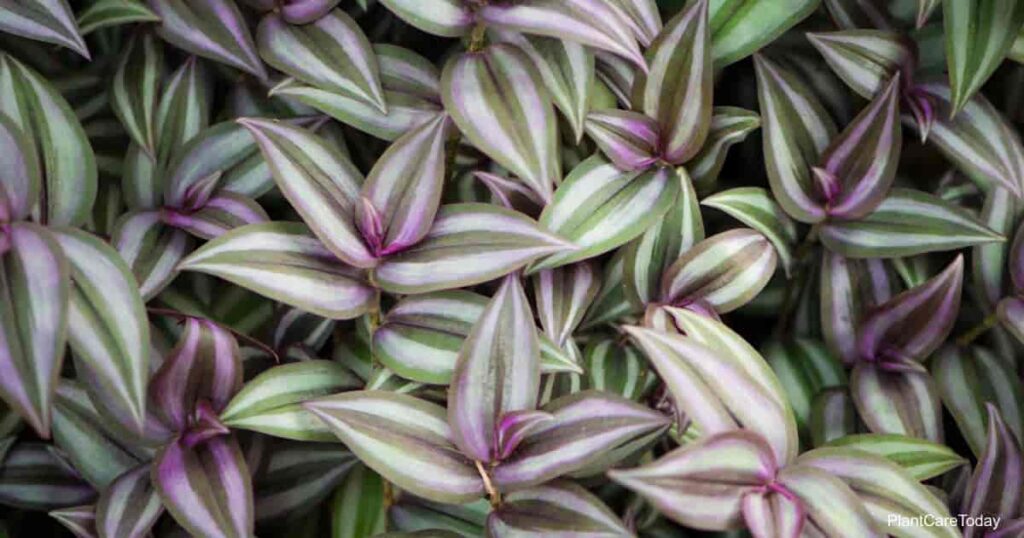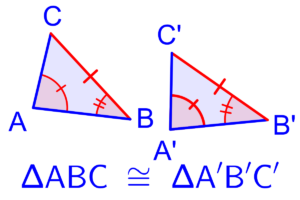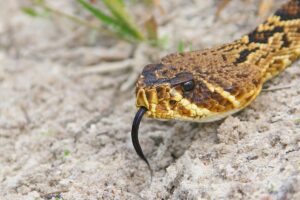
Wandering Jew plants are prized for their vibrant foliage and low-maintenance care, but for cat owners, concerns about their potential toxicity to feline companions may arise. In this article, we delve into the relationship between wandering Jew plants and cats, exploring the risks of toxicity and providing guidance on how to keep your furry friends safe.
**I. Introduction to Wandering Jew Plants and Cats**
Wandering Jew plants, scientifically known as Tradescantia species, are popular houseplants admired for their colorful leaves and trailing growth habit. Cats, with their curious nature and tendency to explore their surroundings, may encounter these plants in indoor environments. While wandering Jew plants are not inherently toxic to cats, certain components present in their leaves can pose risks if ingested.
**II. Understanding Wandering Jew Plant Toxicity**
*Toxic Components*
1. **Oxalates**: Wandering Jew plants contain oxalate crystals, which are microscopic structures that can cause irritation and discomfort when chewed or ingested by cats.
2. **Saponins**: Some species of wandering Jew plants may also contain saponins, compounds that can cause gastrointestinal distress and other adverse reactions in cats.
*Potential Health Effects in Cats*
1. **Oral Irritation**: Cats that chew on wandering Jew plant leaves may experience irritation and inflammation in the mouth and throat, leading to discomfort and difficulty eating or swallowing.
2. **Gastrointestinal Distress**: Ingestion of wandering Jew plant leaves or stems can result in vomiting, diarrhea, and abdominal pain in cats.
3. **Dermatitis**: Contact with wandering Jew plant sap or foliage may cause skin irritation or allergic reactions in cats with sensitive skin.
**III. Signs of Wandering Jew Plant Poisoning in Cats**
*Oral Symptoms*
1. **Drooling**: Excessive salivation or drooling may occur in cats that have chewed on wandering Jew plant leaves, indicating irritation of the oral mucosa.
2. **Pawing at Mouth**: Cats may paw at their mouth or face in an attempt to alleviate discomfort caused by oral irritation.
*Gastrointestinal Symptoms*
1. **Vomiting**: Cats may vomit shortly after ingesting wandering Jew plant material as the body attempts to rid itself of the toxic substances.
2. **Diarrhea**: Diarrhea, often accompanied by abdominal cramping or discomfort, may develop in cats that have consumed wandering Jew plant leaves or stems.
*Skin Irritation*
1. **Itching**: Cats that come into contact with wandering Jew plant sap may experience itching or irritation of the skin, leading to excessive scratching or grooming.
2. **Redness or Swelling**: The skin may appear red, inflamed, or swollen at the site of contact with wandering Jew plant foliage, indicating an allergic reaction or dermatitis.
**IV. Preventing Wandering Jew Plant Poisoning in Cats**
*Safe Plant Alternatives*
1. **Non-Toxic Houseplants**: Choose cat-friendly houseplants that are safe for feline companions, such as spider plants, Boston ferns, or African violets.
2. **Cat-Safe Gardens**: Create outdoor gardens or designated areas with cat-safe plants that cats can explore without risk of toxicity.
*Environmental Management*
1. **Placement of Wandering Jew Plants**: Keep wandering Jew plants out of reach of cats by placing them in elevated locations or using hanging baskets.
2. **Supervision and Training**: Supervise cats when they are indoors and discourage them from chewing on houseplants through positive reinforcement training and environmental enrichment.
*Veterinary Care and Treatment Options*
In the event of suspected wandering Jew plant poisoning, seek veterinary care immediately for prompt evaluation and treatment. Your veterinarian may recommend supportive care, such as fluid therapy or symptomatic treatment, to address symptoms and promote recovery in affected cats.
**V. Conclusion**
While wandering Jew plants can add beauty and greenery to indoor spaces, it’s essential for cat owners to be aware of the potential risks they pose to feline companions. By understanding the signs of wandering Jew plant poisoning and taking preventive measures to keep cats safe, pet owners can create a safe and harmonious environment for their furry friends. Prioritizing pet safety and awareness is key to fostering a healthy and thriving relationship between cats and houseplants.




